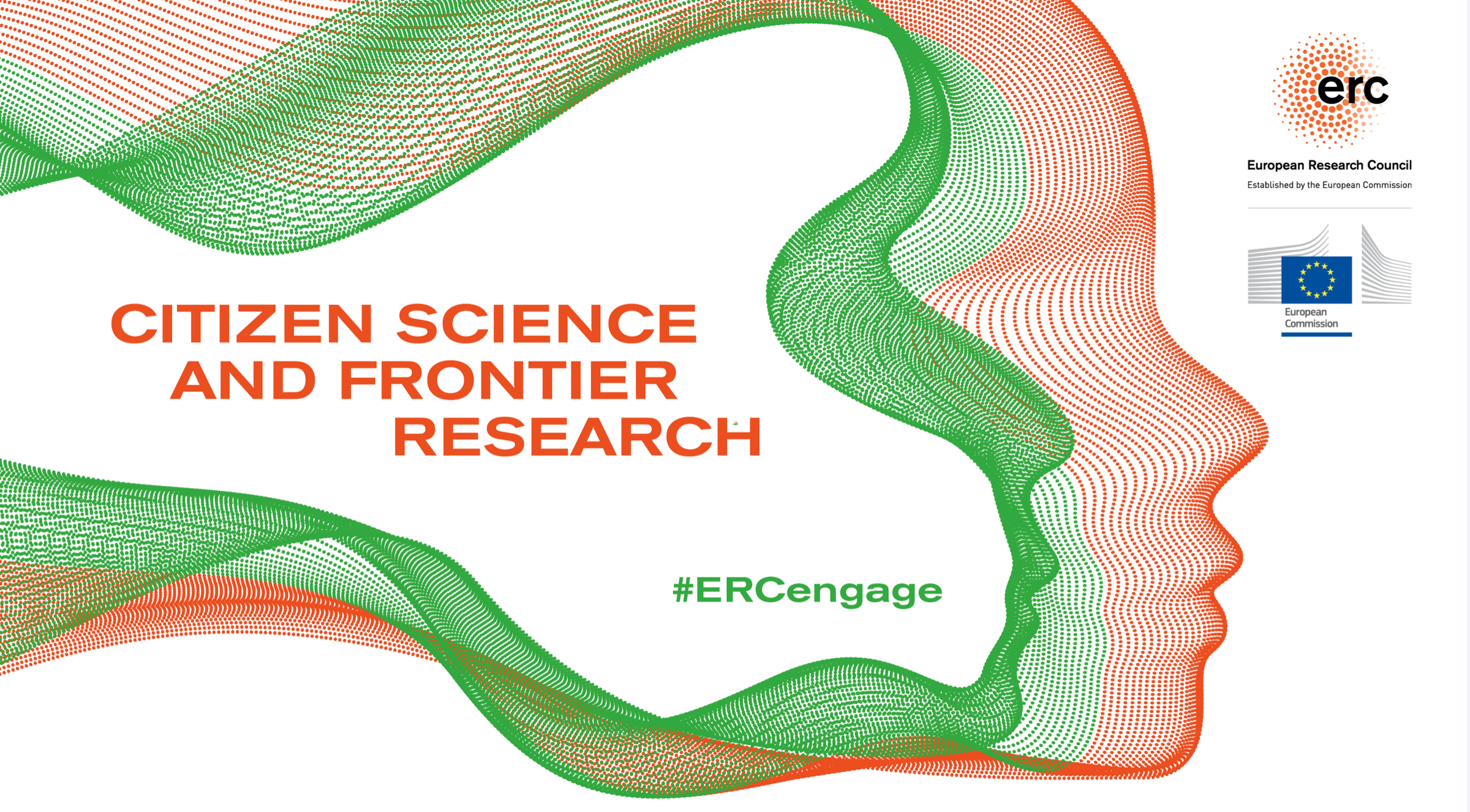The European Research Council’s annual event took place at the Covent Garden skyscraper in Brussels on the 7th of December: a gathering opportunity for the world of science and citizens

As European Research Council Vice-President Eveline Crone suggests in the article “Knowledge is everywhere”, the term “citizen science” is often used to describe a broad spectrum of outreach activities or initiatives that involve the community and connect science to society, thus contributing to increasing trust in scientific research. At the same time, it can indicate a real research method, which involves people as a part of the scientific process.
About the Conference
Moverim participated with interest in “Citizen Science and Frontier Research”, the event organized this year by ERC and focused precisely on citizen participation in research. The conference provided a useful opportunity to share best practices across scientific fields, by highlighting ERC‘s commitment to supporting research projects that develop citizen science activities.
Speakers presented 69 projects which show a plurality of approaches and different roles and levels of participation, governance, and purpose, as well as different impacts and outcomes across sectors.
The examples of how science and the public can intertwine are extremely varied: for example, citizens and communities can give a massive contribution to research in the field of digital innovation, by enriching databases using online platforms or digital technologies. Similarly, citizens can make a considerable effort in relation to research on environmental and climate change, for instance by monitoring air pollution and indoor air quality in their homes with specially created sensors; or again, the public can contribute to the enrichment of genomic data by voluntarily having their personal genome sequenced for free research.
Undoubtedly, the core of many citizen science activities consists of workshops and events, as they form an open and ongoing engagement in the advisory groups involved in the development and refinement of research questions or topics of interest.
As highlighted during the conference, the citizen science approach helps to obtain a more complete understanding of the phenomena studied and to improve public decision-making. In other words, citizen science means citizen involvement and thus it can potentially improve the quality of science, but at the same time, it can be a way to increase the impact of science in society, by creating a stimulating and positive circular flow for the future of research and scientific innovation.
For more information on the event, click here!
